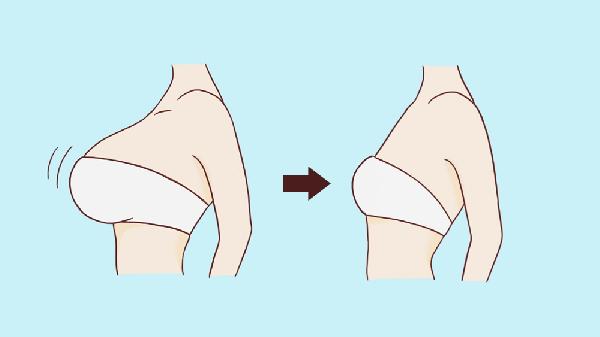It is well-known that life lies in movement. Only by maintaining a scientific and regular exercise routine can one improve physical health, reduce psychological stress, and achieve longevity. However, women experience menstruation every month, and some worry that exercising during this period might affect their uterus, but perhaps their concerns are unnecessary.

Can you exercise during menstruation?
Yes, you can exercise during menstruation. If a woman doesn't have heavy menstrual flow, significant cramps, or functional uterine bleeding, it is appropriate to engage in moderate exercise. Gentle activity during menstruation can improve pelvic blood circulation, reduce uterine congestion, and help tone the pelvic floor and abdominal muscles, aiding in the expulsion of menstrual blood. Moderate exercise also helps regulate the brain's inhibitory and excitatory processes, improving mood and alleviating discomfort during menstruation.
However, certain exercises like sit-ups or push-ups that increase abdominal pressure should be avoided, as they can alter the position of the uterus and increase menstrual flow. Water-based activities should also be avoided to prevent menstrual irregularities and infections. High-impact and intense activities like sprinting, high jump, or long jump should not be performed.
What should you pay attention to when exercising during menstruation?
1. Avoid intense exercise
During menstruation, avoid intense activities such as sprinting, soccer, or long jump, as these can exacerbate or cause physical discomfort, and may even lead to menstrual irregularities or cramps. Additionally, avoid strength training exercises that increase abdominal pressure, such as weight lifting, as they may prolong the menstrual period. The cervix is slightly open during menstruation, making it easier for bacteria to enter the uterine cavity and increase the risk of infection, leading to gynecological inflammation. Therefore, swimming should be avoided during menstruation. Moreover, avoid participating in high-stress competitions, as they can cause hormonal imbalances and disrupt the menstrual cycle. Women with genital infections or severe menstrual cramps should avoid any physical activities during menstruation.
2. Maintain moderate exercise
During menstruation, it is advisable to engage in low-impact and gentle physical activities such as gymnastics, tai chi, jogging, or walking. These activities can promote overall blood circulation, alleviate abdominal pain and bloating, regulate the brain's inhibitory and excitatory processes, help distract the mind, improve mood, and reduce irritability and tension during the menstrual period.
Friendly reminder
In summary, moderate exercise can be maintained during menstruation. During exercise, it is important to stay hydrated, and avoid direct exposure to air conditioning or fans when sweating profusely, as this can lead to cold invasion and potentially cause uterine coldness.
























